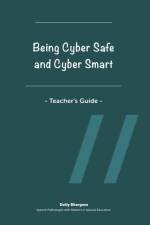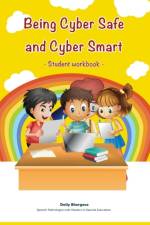av Dolly Bhargava
197
Technology has resulted in exciting new ways for students to communicate, learn, socialise, stay informed, entertain and foster creativity, it also has a dark side. Technology has given rise to endless new ways bullies can threaten, harass, abuse and insult others. This type of bullying is called cyberbullying, Cyber bullying has the potential to reach a wider audience than typical schoolyard bullying.Nasty, mean or threatening messages, emails, photos or video clips can be forwarded to all the student's contacts and websites can be created that can be visited by millions of people. There is often no escape for cyber victims, who can be bullied anywhere at any time. Cyberbullying can be devastating for victims and their families. Whilst they generally take a psychological form rather than a physical form, the consequences are just as bad, if not worse, than those associated with traditional bullying, and cyberbullying can have more negative long term effects. Psychological harm inflicted by cyberbullying may be reflected in low self-esteem, loneliness, insecurity, school failure, anger, anxiety, depression, school avoidance, school violence and, in extreme cases, suicide.As educators we can help our students avoid the pitfalls of technology and deal with any problems that may arise. The teacher's guide shows you how to use the Being Cyber Safe and Cyber Smart - Student Workbook activities to help teach your primary students (Yr 3 onwards) to recognise cyberbullying, and learn what they should do if they encounter cyberbullying .


